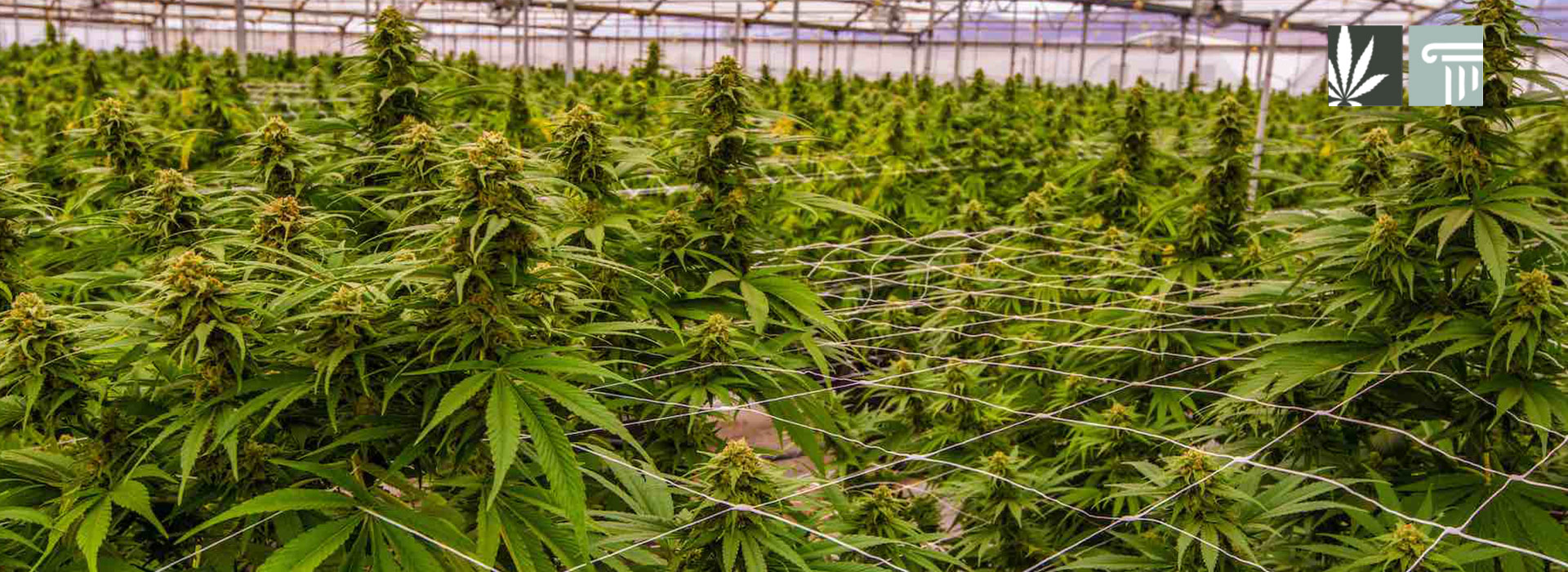The US Drug Enforcement Administration is finally set to issue licenses authorizing additional growers to cultivate cannabis for research purposes, almost five years since the federal agency announced its intent to do so.
Currently, the only third-party institution authorized to grow marijuana for FDA-approved research is the National Center for the Development of Natural Products at the University of Mississippi. For researchers, this has been the sole legal source of cannabis for use in studies since 1968.
As more and more states moved to legalize marijuana, interest in research into the plant has increased substantially and the University of Mississippi has struggled to meet this demand. The cannabis grown there has also been roundly criticized for being of poor quality and thereby bearing little resemblance to the marijuana purchased at state-legal dispensaries. This, scientists say, compromises its research value.
The marijuana approved for research in the US also doesn’t reflect the diversity of cannabis products many US consumers have legal access to. The current arrangement only permits the use of cannabis flower meaning researchers are not allowed to study derivatives of the plant such as concentrates, edibles and extracts, which are widely available in legal states. What’s more, the University of Mississippi doesn’t grow strains with high concentrations of cannabidiol (CBD), which have become extremely popular as a health supplement across the US in recent years.
Since announcing in 2016 that it would expand research into cannabis by amending its policies and authorizing more growers, the DEA’s progress has been slow. This perceived inaction led a coalition of scientists to file a lawsuit against the agency for failing to follow through on its commitment. Lawmakers in the US House of Representative attempted to sideline the DEA from the research authorization process by passing legislation that would allow clinicians to access marijuana for research purposes from state-legal dispensaries, but the bill – HR 3797 – never received a hearing in the Senate. The US National Institute of Health and the Food and Drug Administration also added their voice to the call for researchers to be permitted to obtain cannabis from dispensaries.
The DEA’s latest announcement comes six months after it finalized new regulations for the application process of marijuana growers looking to register as a federally-approved manufacturer of research-grade cannabis. Under these regulations, licensed growers must meet various requirements, such as possession of relevant state authority and proof their clients hold DEA-approved research licenses, as well as having safeguards in place to prevent marijuana ending up in legal and illicit markets.
At the time, NORML responded to an invitation for comments on the DEA’s proposed rules by saying they would afford the agency too much power over the process and ultimately hinder research into marijuana.
“While NORML has long supported facilitating and expanding domestic clinical research efforts, we do not believe that these proposed rules, if enacted, will achieve this outcome,” a comment from the marijuana reform advocacy group reads on the US Federal Register. “Rather, we believe that the adoption of these rules may further stonewall efforts to advance our scientific understanding of cannabis by unduly expanding the DEA’s authority and control over decisions that ought to be left up to health experts and scientists.”
Nonetheless, the DEA announced last month it had drawn up a Memorandum of Agreement (MOA) with three applicants to produce, store, package and distribute marijuana according to the rules adopted six months ago. The agency expects these MOAs to be finalized shortly at which point the licensed cultivators will be able to grow marijuana up to an agreed limit for researchers holding a DEA license. The DEA further commits to reviewing and approving additional applications in the future.






